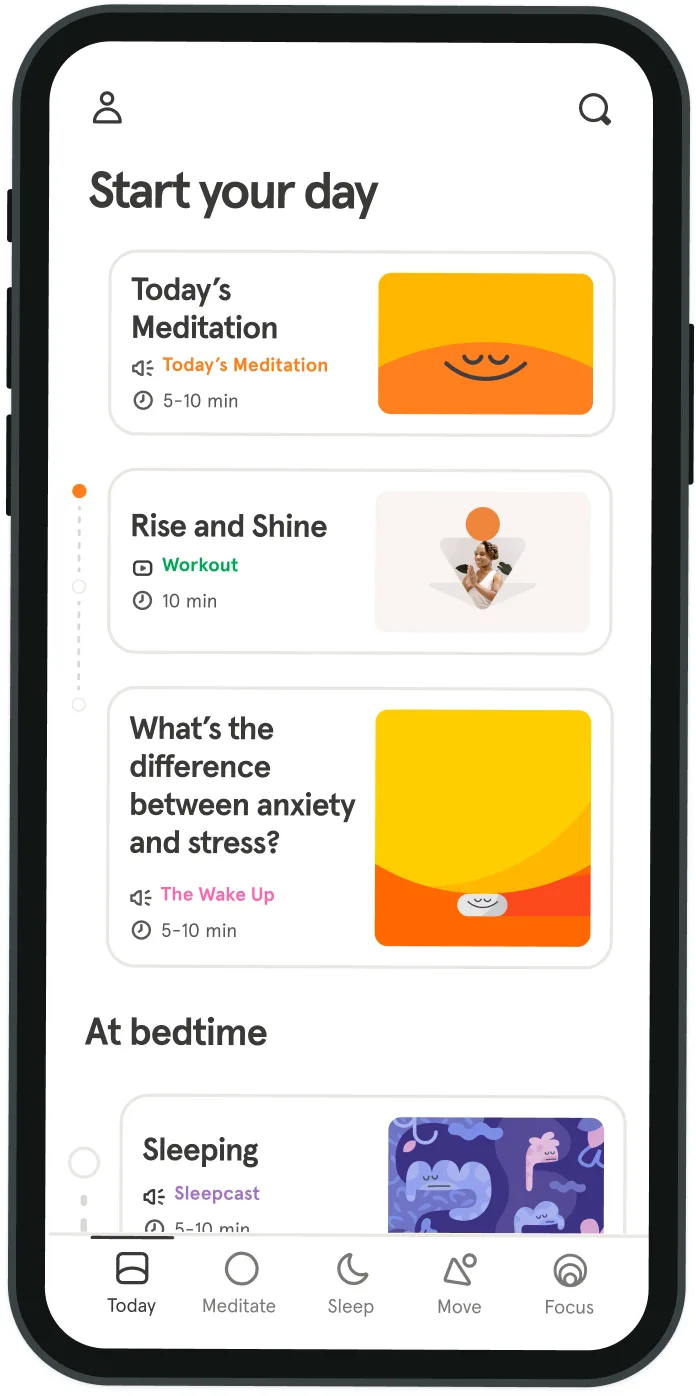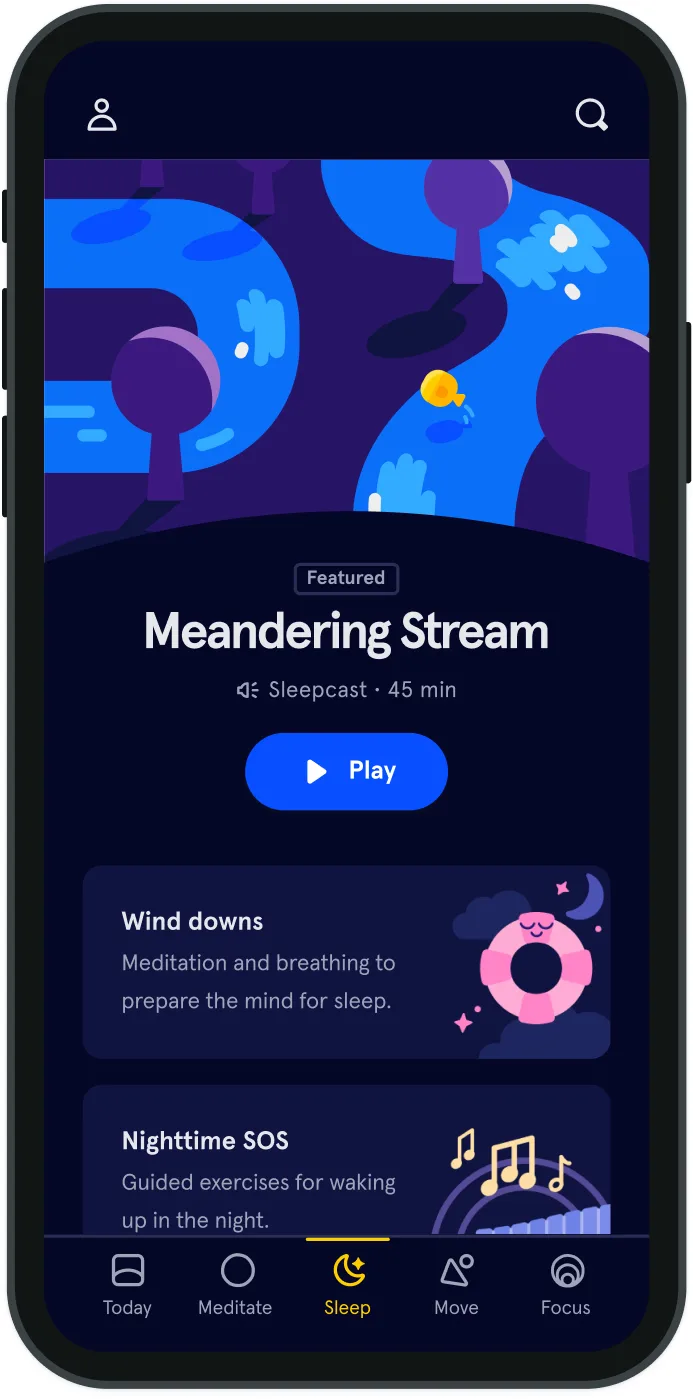Is music a miracle drug?
“Hello, it’s me. I was wondering if after all these years you’d like to meet. To go over everything...” Despite what you may think, my favorite song is not Adele’s “Hello.” But yes, those famous words have been playing round and round my head for at least two days now.
So why is it that, with no conscious effort, we can remember more song lyrics and musical melodies than tasks on our to-do list? And why do seemingly meaningless songs ignite such powerful emotions inside us? We’ve all got that song that can bring us to tears, get us dancing, inspire us, or send shivers down our spine. But the effects of music run far deeper than mood—it runs through our genes, body, thoughts, feelings, intentions, and deepest beliefs. In fact, the roots of music are hard-wired so deep inside our brains that we are born with an innate perception for sound, pitch, tempo, and melody. It is within the depths of our brain’s musical circuitry that scientists are discovering the true effects of music on our lives.
Music for emotional intelligence
Just 15 seconds of a song can change the way you judge someone’s mood. A study conducted at Goldsmiths College in London found that a short burst of upbeat music enhanced people’s perception of how happy someone else’s face is. The same was true for sad music causing people to interpret more sad faces. In other words, the mood of music reflects the mood we perceive in others.
Music for heart disease
Music is thought to promote the inner flow of life and encourage a state of relaxed calm in the body. Hence, it is no surprise that music is being incorporated into medical interventions for illnesses such as coronary heart disease. In a study conducted at the College of Music and Dance in Philadelphia, music was found to reduce levels of anxiety associated with both the illness and the treatment program, increasing speed and quality of recovery.
Music for relationships
The fact that music features so widely in social programs is not pure chance. It has been shown that music increases social cohesion and life satisfaction. Perhaps more importantly, music has been shown to facilitate feelings of belonging, positive feelings of warmth towards others, trust, empathy, cooperation and social skills.
Music for complex thinking
Psychologist Dr. Arthur Harvey found that music improved organized thinking, and also develops areas of the brain used for math, language, and spatial reasoning. Furthermore, research measuring brain activity has shown that not only do the areas responsible for complex thinking light up when music is played but also areas in charge of stimulating pleasure and excitement. Essentially, this shows that complex thinking and music activate our pleasure chemistry for an instant good feeling.
Music for mental preparation
Considering that music stimulates our reward system and transforms mood, it is perhaps no surprise that music is used to prepare for big competitions, presentations, and performances. Music helps to improve focus, increase motivation, manage arousal and anxiety, and boost energy. In much the same way as music assists performers, it is also used to work excitement into crowds, or solace into theatrical pieces.
Music for mood
Arguably the number one reason people listen to music is to manage their mood. It can be cathartic, chilling, or uplifting. According to research, more than 90 percent of us have felt chills down the spine when listening to music. Indeed, a single song can transform an ordinary day into a magical experience. A recent study has reported that actively listening to upbeat classical music lightened people’s moods more than when simply listening passively. But it’s not just for the happy feelings; according to another study, sad music can be equally enjoyable because it creates an eclectic blend of positive and negative emotions of which we experience the positive ones more strongly.
Music and cognition
It has long been argued that music ought to be a fixed feature of school curriculums. Much research has been presented to support this argument, suggesting that music improves emotional literacy and social skills in children. Research has also shown positive effects of instrumental music on auditory and visual perception, and also verbal and nonverbal reasoning skills. In another study, listening to music improved visual perception and visual attention in patients who had experienced damage to areas of the brain required for perception.
Music for movement
Long before babies have any real experience of music, they are capable of detecting differences in sound. In one study it was found that babies develop rhythmic movement to music as young as five months old. Furthermore, infants who responded most strongly also displayed more positive emotion and were generally calmer.
Music for memory recall
What songs do you hear at sporting events? What song played when you danced with your crush? What songs were on your favorite mixtape? Do you remember the lyrics that played in the background of your first kiss? When we add language and lyrics to the information on sound, pitch, melody, and harmony, the memory of the song is strengthened. What is really interesting is the effect this has on those with Alzheimer’s. For many patients, melody had the effect of triggering once forgotten memories, and also forming new memories of spoken and musical information.
Music to calm and music to excite
When we listen to music, our heartbeat quite literally starts to sync with the beat. So a calming, gentle melody has the power to slow the heartbeat, whereas fast, heavy dance or rock music speeds it up. This comes with caution as quickened heartbeats can also cause your brain to detect increased anxiety. So while upbeat tempos can increase pleasurable excitement and energy, be mindful when and how much you listen to those types of songs.



Be kind to your mind
- Access the full library of 500+ meditations on everything from stress, to resilience, to compassion
- Put your mind to bed with sleep sounds, music, and wind-down exercises
- Make mindfulness a part of your daily routine with tension-releasing workouts, relaxing yoga, Focus music playlists, and more
Meditation and mindfulness for any mind, any mood, any goal
- © 2024 Headspace Inc.
- Terms & conditions
- Privacy policy
- Consumer Health Data
- Your privacy choices
- CA Privacy Notice
